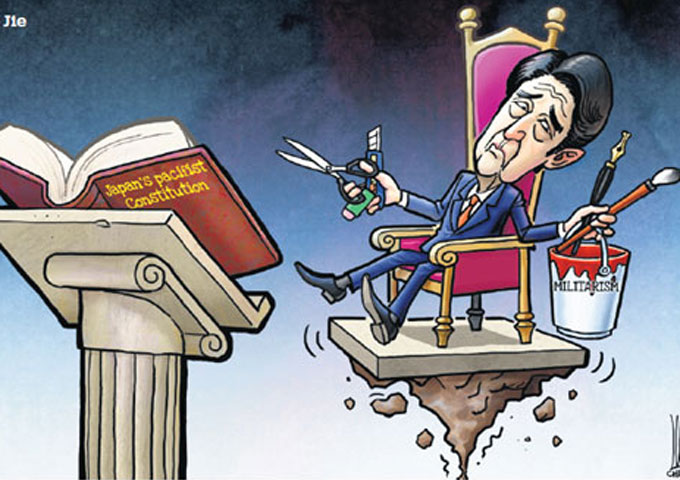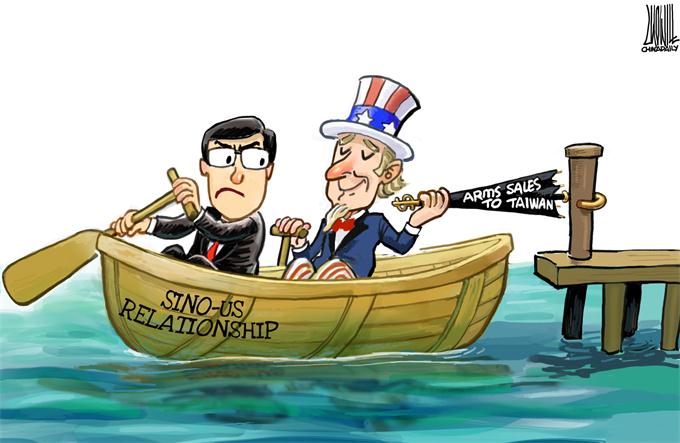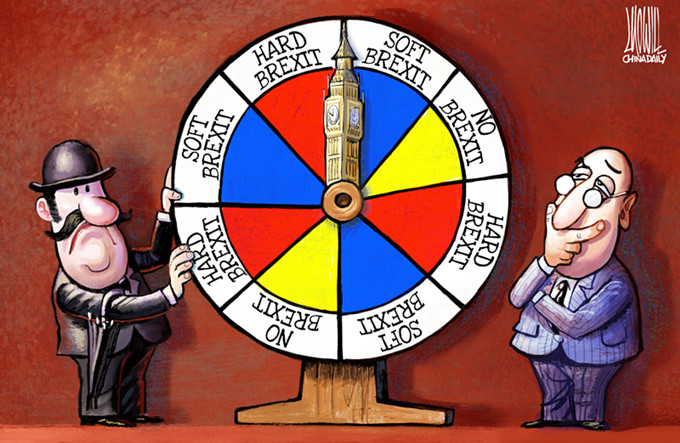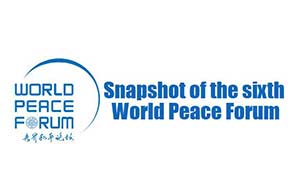Outcome of Gulf split still uncertain
BAHRAIN, EGYPT, SAUDI ARABIA AND THE UNITED ARAB EMIRATES are reportedly considering ratcheting up the economic sanctions they have imposed on Qatar and suspending it from the Gulf Cooperation Council. Beijing News commented on Wednesday:
The ongoing Gulf row seems to be going too far. On Monday, after an earlier 10-day deadline expired, Saudi Arabia and its allies gave Qatar an extra two days to accept their ultimatum for restoring relations.
However, Doha is not likely to make full concessions to their demands, which include closing its broadcaster Al Jazeera and cutting diplomatic ties with Iran.
What will happen next remains to be seen, but if Qatar gives in to the demands, the country's policymaking independence will be called into question. While if it sides with Turkey and Iran, the Sunni Gulf nations are expected to diplomatically isolate it, and Washington, a crucial ally of Doha, will likely withdraw from the Al-Udeid Air Base, its largest air base in the Middle East.
There is also a possibility that Qatar, after paying lip service to its Gulf neighbors, will seek to maintain its "maverick" stance toward Iran off the record. While the worst-case scenario is the Gulf Cooperation Council falls apart after an enduring standoff.
It is tricky trying to predict how things will go in the Middle East, because game-changing deals are often made in secret.
But the fissures in the Gulf Cooperation Council, not least the disagreements between Qatar and other Sunni-majority nations, are no secret either. The latest standoff, which ostensibly centers on combating terrorism, offers a glimpse into competition among the Arab nations.



















